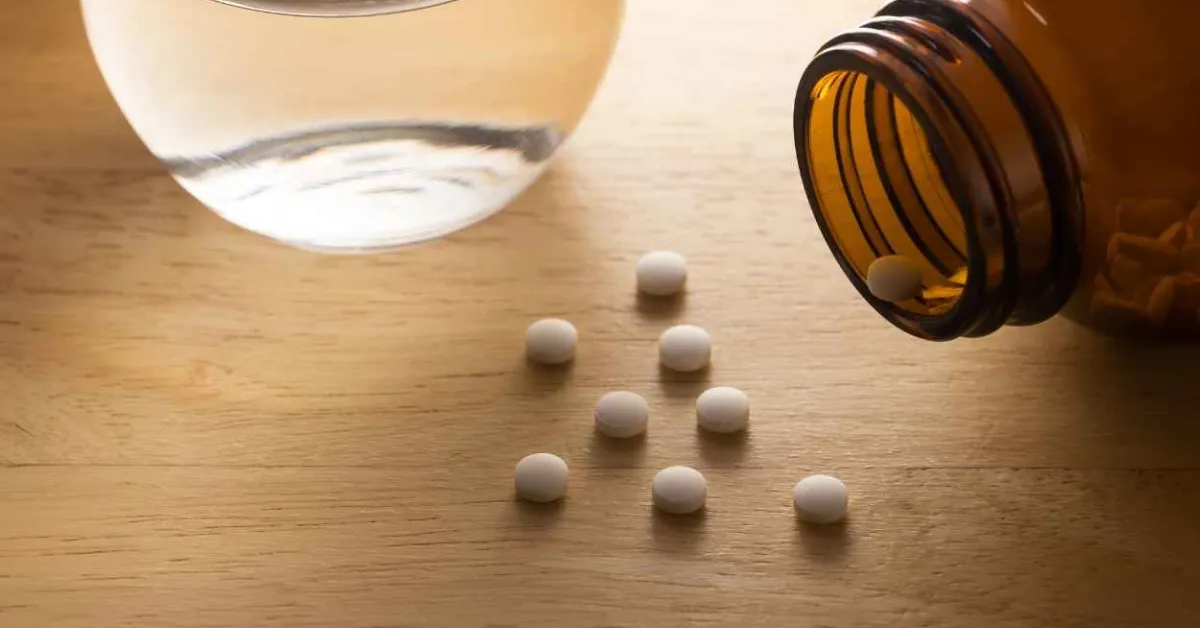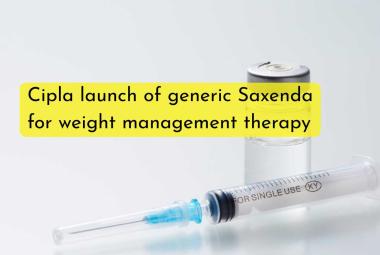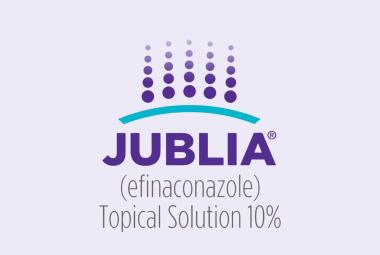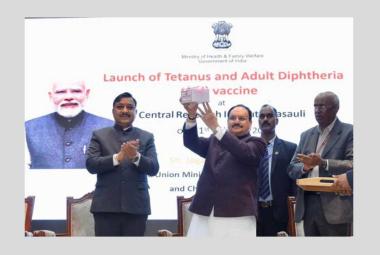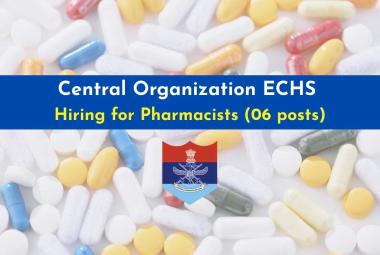It is 2019 when Prof. Saptarshi Majumdar & Dr. Chandra Shekhar Sharma from the Department of Chemical Engineering has made a proven study about oral nanofibrous AMB to be effective for Kala Azar. This is a first-ever attempt to fabricate nanofibrous oral tablets of Amphotericin B for the potential cure of Leishmaniasis or Kala Azar. With the 2 years of advancement of examination, the researchers are now confident that the technology can be transferred to suitable pharma partners for large-scale production. At present, the Kala-Azar treatment is being used as a treatment for Black & other Fungus in the country and its availability & affordability make it need to allow emergency & immediate trial of this oral drug.
Due to its amphiphilic nature, the AmB has poor aqueous solubility and forms aggregates in the system, which stresses renal filtration and thus causing nephrotoxicity. This is the reason the oral administration has abstained, although being the most comfortable and effective route. In present research funded by DST-Nanomission, a team led by Prof. Saptarshi Majumdar and Dr. Chandra Shekhar Sharma along with their PhD scholars Mrunalini Gaydhane and Anindita Laha intended to deliver Amphotericin B orally at an extremely slow rate, of course within the therapeutic window. The purpose was to increase the drug absorption and reduce aggregation, to lower the drug toxicity. For this, the team has selected gelatin an FDA-approved polymer as an excipient for drug molecules.
Further, as gastrointestinal tract contains different enzymes which hydrolyze the polymers, the team has also checked and confirmed the enzymatic stability of tablet in pepsin. The significance of the nanofibrous tablets is depicted in the enclosed illustration. The main concern with high drug loading was if it imposes nephrotoxicity. To ensure this, the team has carried out a cell viability assay (MTT assay) against human kidney fibroblast cells which illustrated no evidence of cell toxicity caused by AmB as well as a minute amount of Glutaraldehyde crosslinker.


